Most countries have taken a bold stance away from extreme prohibition and have taken WHO recommendations as a reference only. Governments have actively considered and decided to implement new tobacco harm reduction measures, based on the practical situation of each country.
Keeping autonomy, countries go against WHO recommendations
At the 3rd Conference of the Parties to the Framework Convention on Tobacco Control (FCTC) (COP3), China said that WHO's guidance on limiting tobacco industry interference in government policies is not suitable for China, because tobacco is the monopoly of state-owned enterprises under the government.

Ms. Casey Costello, Deputy Minister of Health of New Zealand. (Photo: NZ Herald)
From COP3 to COP5, contrary to the FCTC’s recommendations, the Chinese delegation had up to five representatives from the tobacco industry contributing their opinions on policies that could hinder tobacco cultivation and production. China also legalized new tobacco products and is the world’s largest producer of e-cigarettes.
The Philippines also enacted a law governing TLNN and TLĐT from 2022. At COP9, the Philippines pledged to have a "fair and evidence-based" approach to new tobacco control, despite having previously had a strict policy on TLĐT during the period when it received funding from the anti-tobacco organization Bloomberg Philantrophies.
Since 2018, Malaysia has legalized TLNN under the current Tobacco Control Law. The country is currently continuing to develop a policy suitable for TLNN. Recently, Health Minister Datuk Seri Dzulkefy Ahmad stated: "There is no need to ban TLNN like some other countries, Malaysia has its own law to manage tobacco products."
In particular, similar to all European countries, many other Asian countries such as Japan, New Zealand, Indonesia, Philippines... all apply a tax rate on TLNN at half that of traditional cigarettes.
From July 2024, New Zealand will reduce the tax on e-cigarettes by 50% to encourage smokers to switch to the product as a harm reduction tool. Deputy Health Minister Casey Costello also emphasized: "The government is anti-tobacco but not necessarily anti-nicotine." Ms. Costello said the widespread use of e-cigarettes has had a significant impact on smoking cessation rates.
In Europe, on March 23, 2023, the Greek Ministry of Health approved a toxicity reduction claim for a common TLNN. This is the second country after the United States to allow health-related claims based on scientific assessment by competent authorities.
In the same year, British Prime Minister Rishi Sunak also stated: "There is overwhelming evidence that if we help smokers switch to new cigarettes, the benefits to public health clearly outweigh the potential consequences."
However, in WHO guidelines on new tobacco products, information about countries considering TLNN and TLĐT as harm reduction solutions is not mentioned for countries to refer to in a multi-dimensional and comprehensive way. Meanwhile, WHO still recommends strict control or ban, although it has not been proven whether new tobacco products are more harmful than traditional cigarettes or not.
Building management policies cannot lack transparent dialogue.
Although not harmless, tobacco is still a permitted business in many countries. Similar to China and Thailand, the Vietnamese government is currently directly managing the tobacco industry, through state-owned companies.
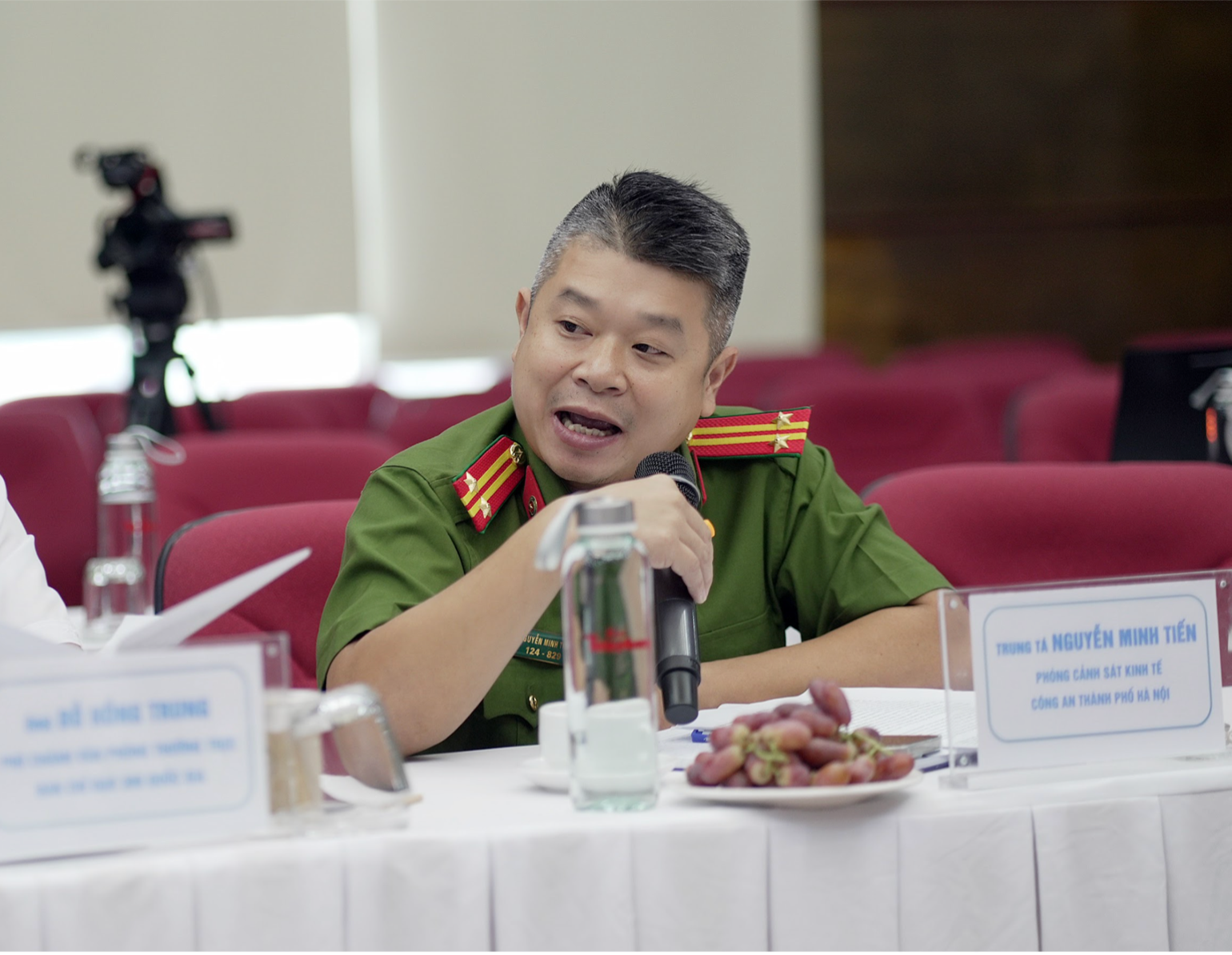
Lieutenant Colonel Nguyen Minh Tien - Economic Police Department, Hanoi City Police.
Although the FCTC has strict regulations on meetings between governments and businesses under Article 5.3, it clearly does not prohibit businesses from interacting with governments, as long as the dialogue is public, legal and transparent. Most advanced countries believe that meeting with tobacco businesses when issuing policies is a necessary roadmap to make convincing, fair and balanced decisions for all parties.
Specifically, Canada publishes all of its dialogues with smokers and tobacco companies on its government website, and claims it does not violate the FCTC. The UK government has also issued specific guidance for working with the tobacco industry, to ensure that all parties comply with the control regulations in a transparent manner.
Because of the lack of information and the view that dialogue with tobacco companies is taboo, many statements about new cigarettes are incomplete, incomplete, and misleading. In a 2023 workshop, Mr. Cao Trong Quy, Head of the Food Consumer Industry Department, Department of Industry, Ministry of Industry and Trade, acknowledged: "Currently, the media is confusing TLNN and TLĐT, not clearly distinguishing them and often equating these two new tobacco products as TLĐT."
Another example, currently one of the reasons to propose banning TLNN and new cigarettes is because it is believed that: If allowed to be sold, this product will appear everywhere on sidewalks and streets like cigarettes, so it will be easily accessible to young people.
In fact, this concern is very unlikely to happen. In the illegal market, a TLNN device costs from 2 to 3 million VND, with a TLNN package costing over 100,000 VND. Obviously, this cost is beyond the spending capacity of most people under 18 years old. This is also not a figure that street vendors and sidewalk vendors have enough capital to import and sell widely. Not to mention, if licensed, the authorities will also tighten control by issuing and withdrawing licenses from retailers.
From the police agency, Lieutenant Colonel Nguyen Minh Tien - Economic Police Department, Hanoi City Police said, according to market records, TLNN is only popular among adults with stable income, due to its high cost.
Recently, many representatives of ministries, sectors and experts have recognized that state management agencies have not had access to sufficient scientific information and reliable data on new tobacco products.
Therefore, management agencies need to clarify the problems and concerns of the industry, as well as require businesses to commit to resolving the negative aspects of the products. This is an appropriate approach that many advanced countries have applied, and is also the right of each country to decide in policy making.
Source: https://www.baogiaothong.vn/quyet-sach-ve-thuoc-la-moi-chu-kien-cua-bo-y-te-cac-nuoc-19224103115583569.htm




![[Photo] Visiting Cu Chi Tunnels - a heroic underground feat](https://vstatic.vietnam.vn/vietnam/resource/IMAGE/2025/4/8/06cb489403514b878768dd7262daba0b)





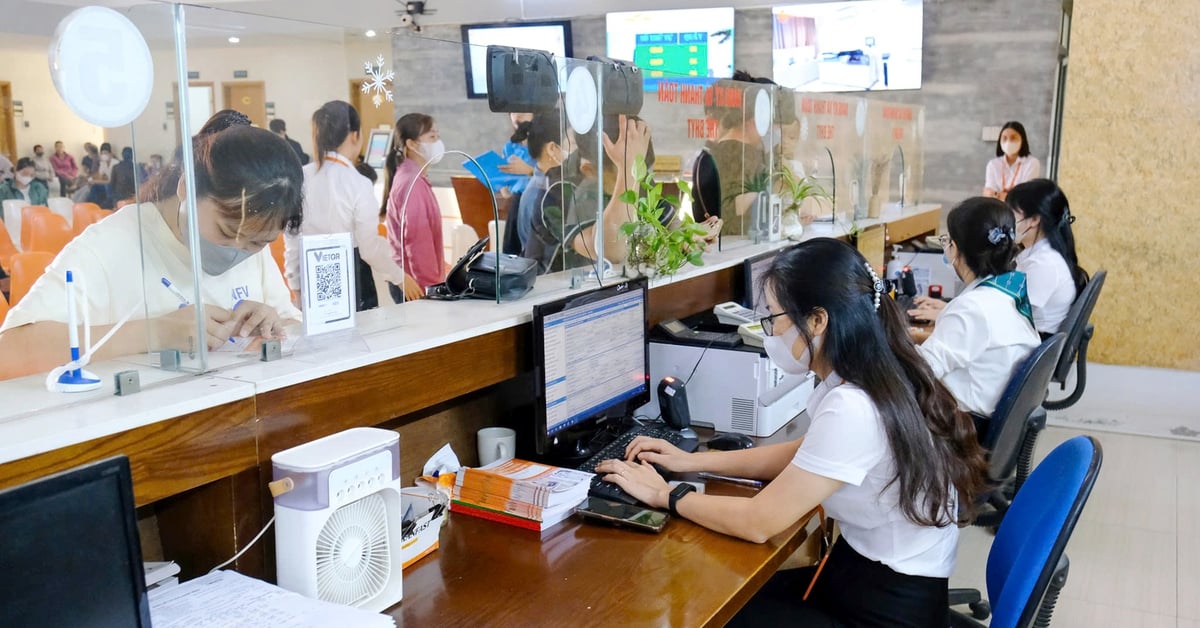



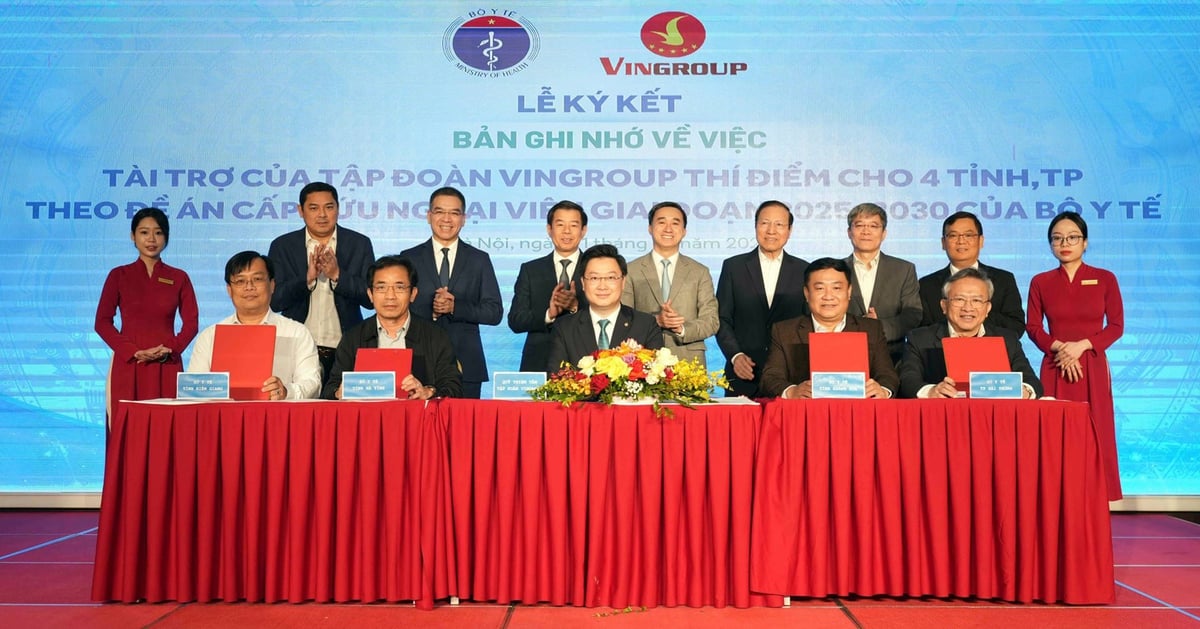
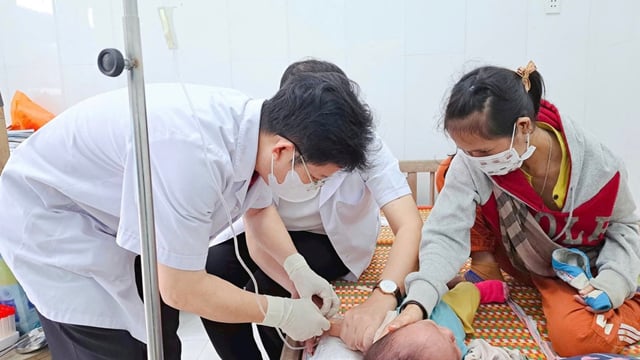

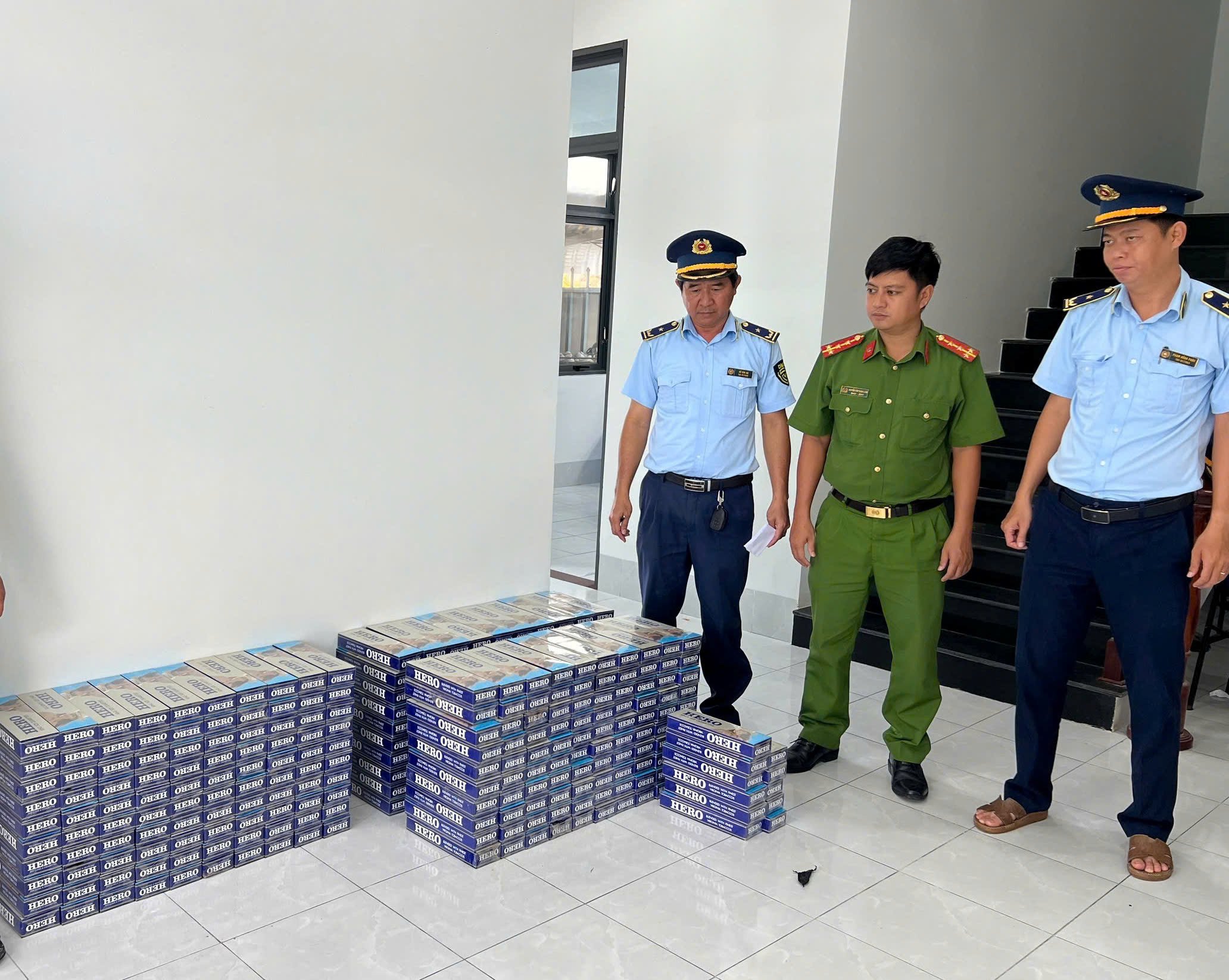


























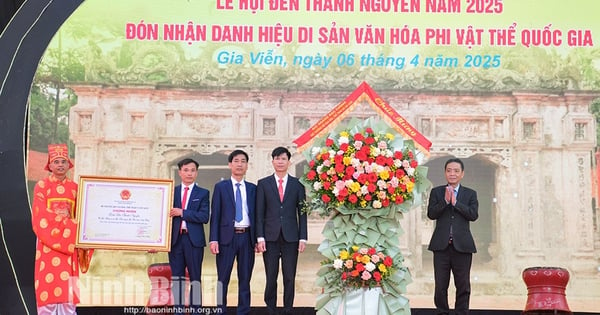


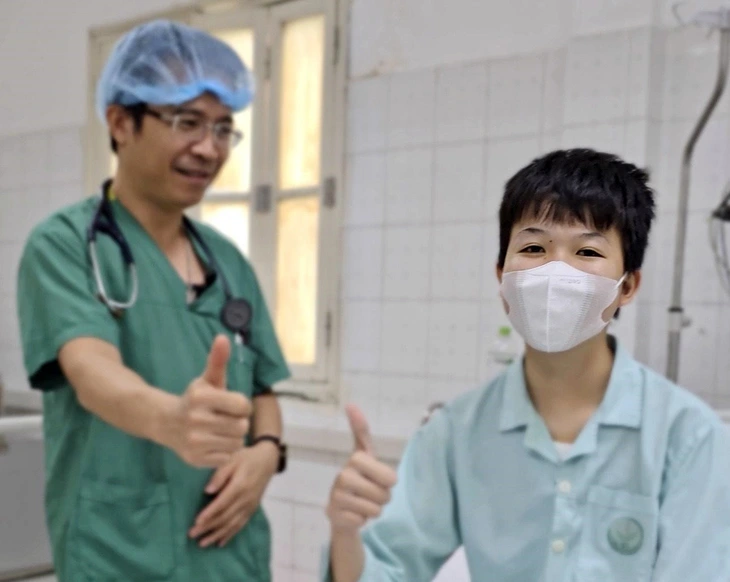
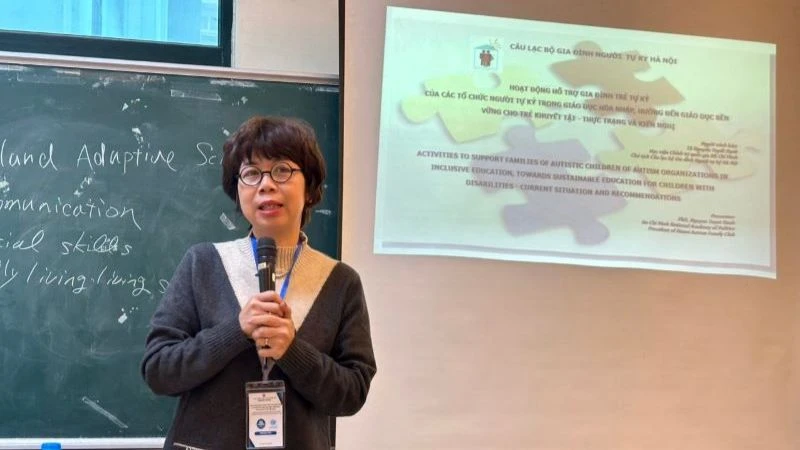



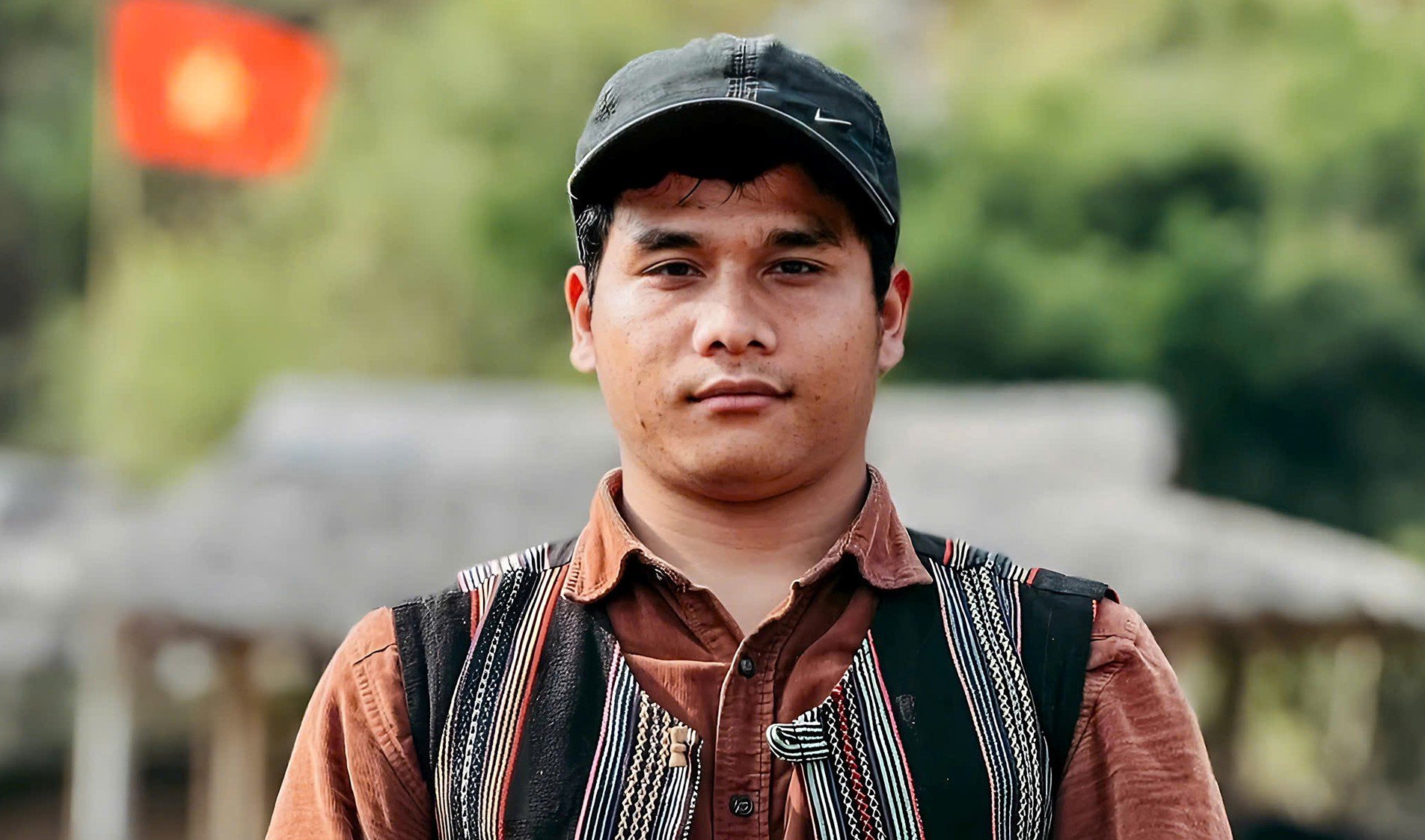

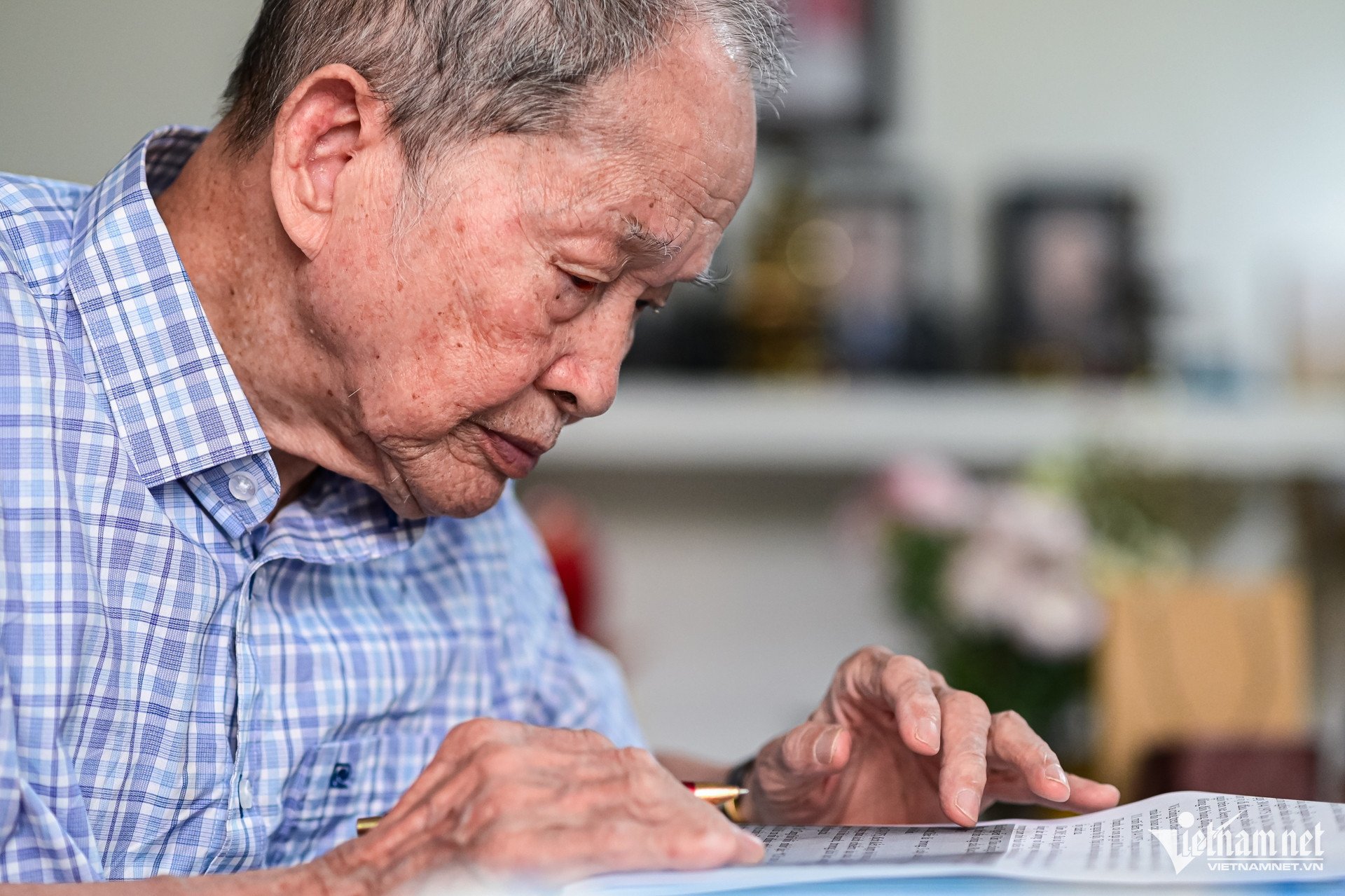
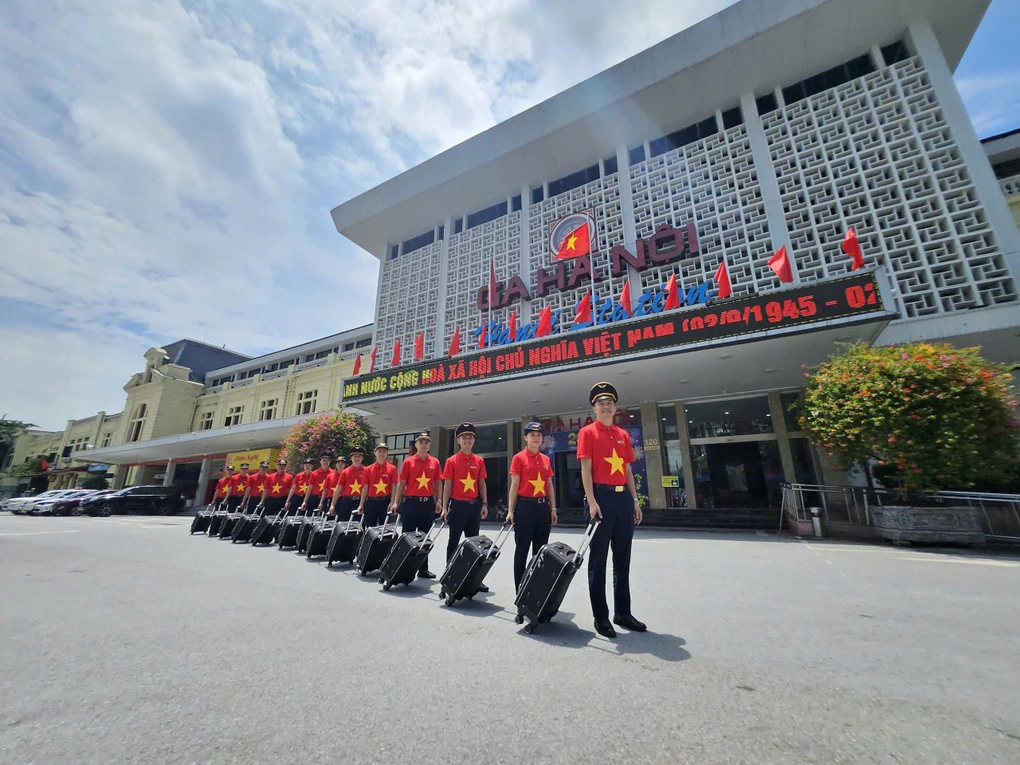




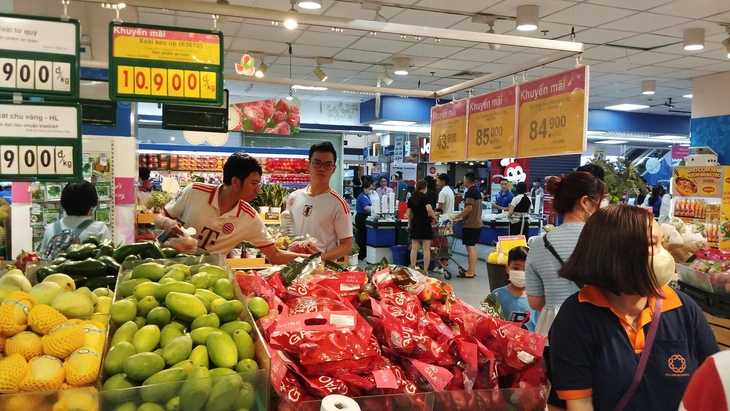


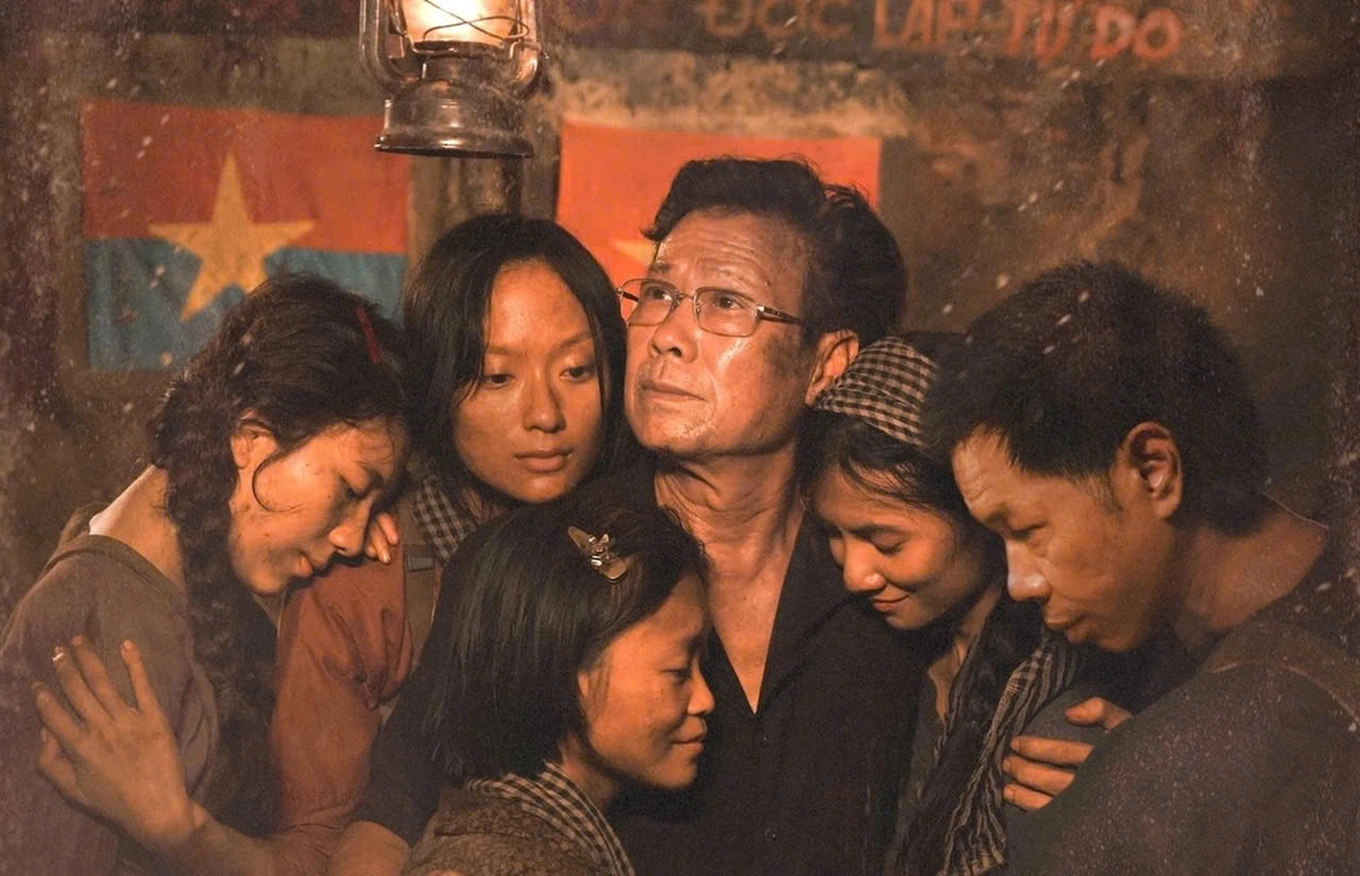

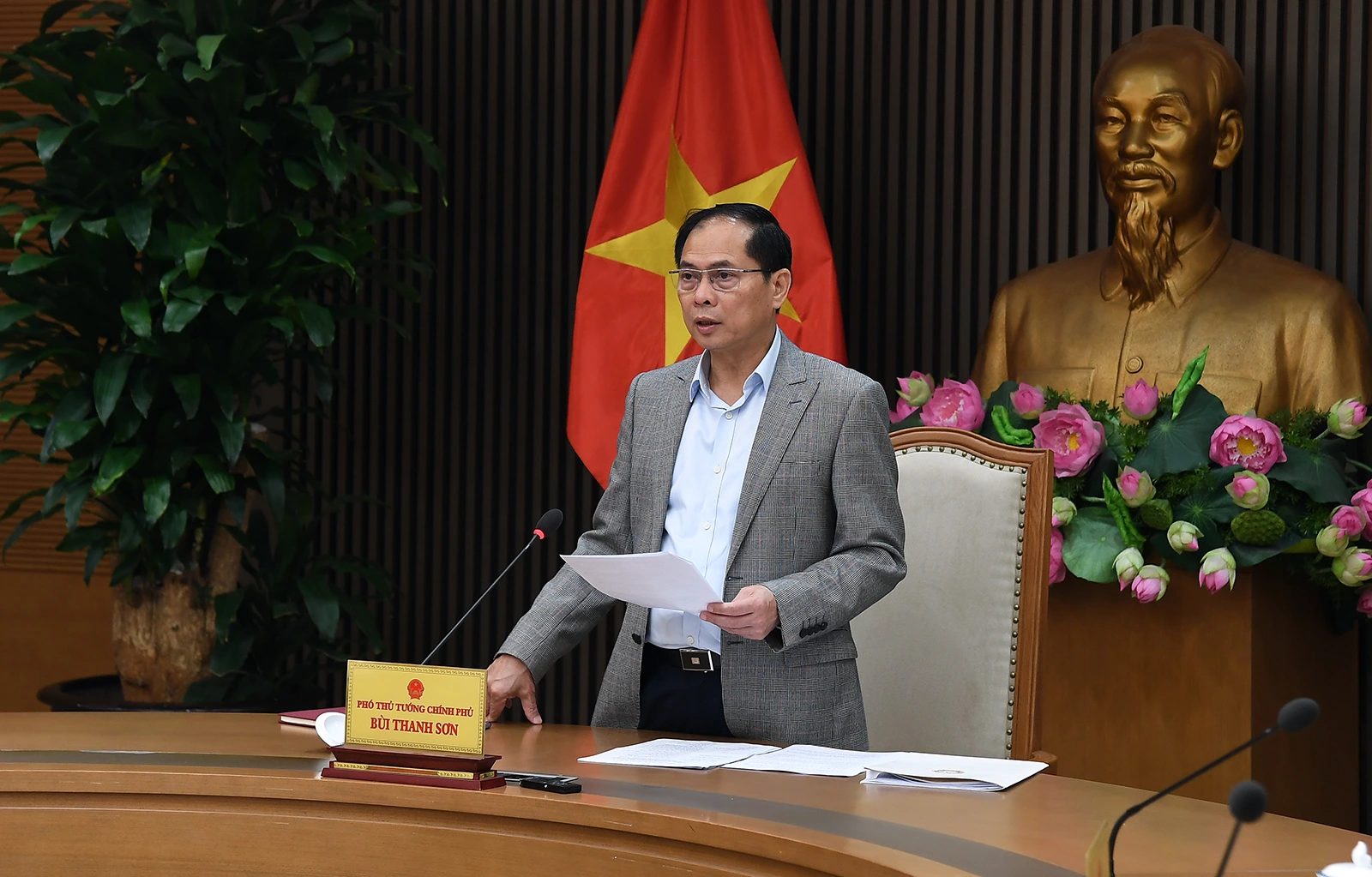








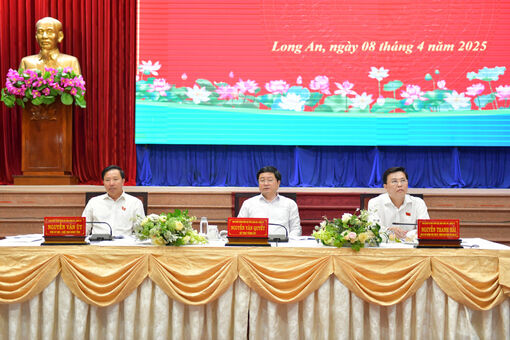


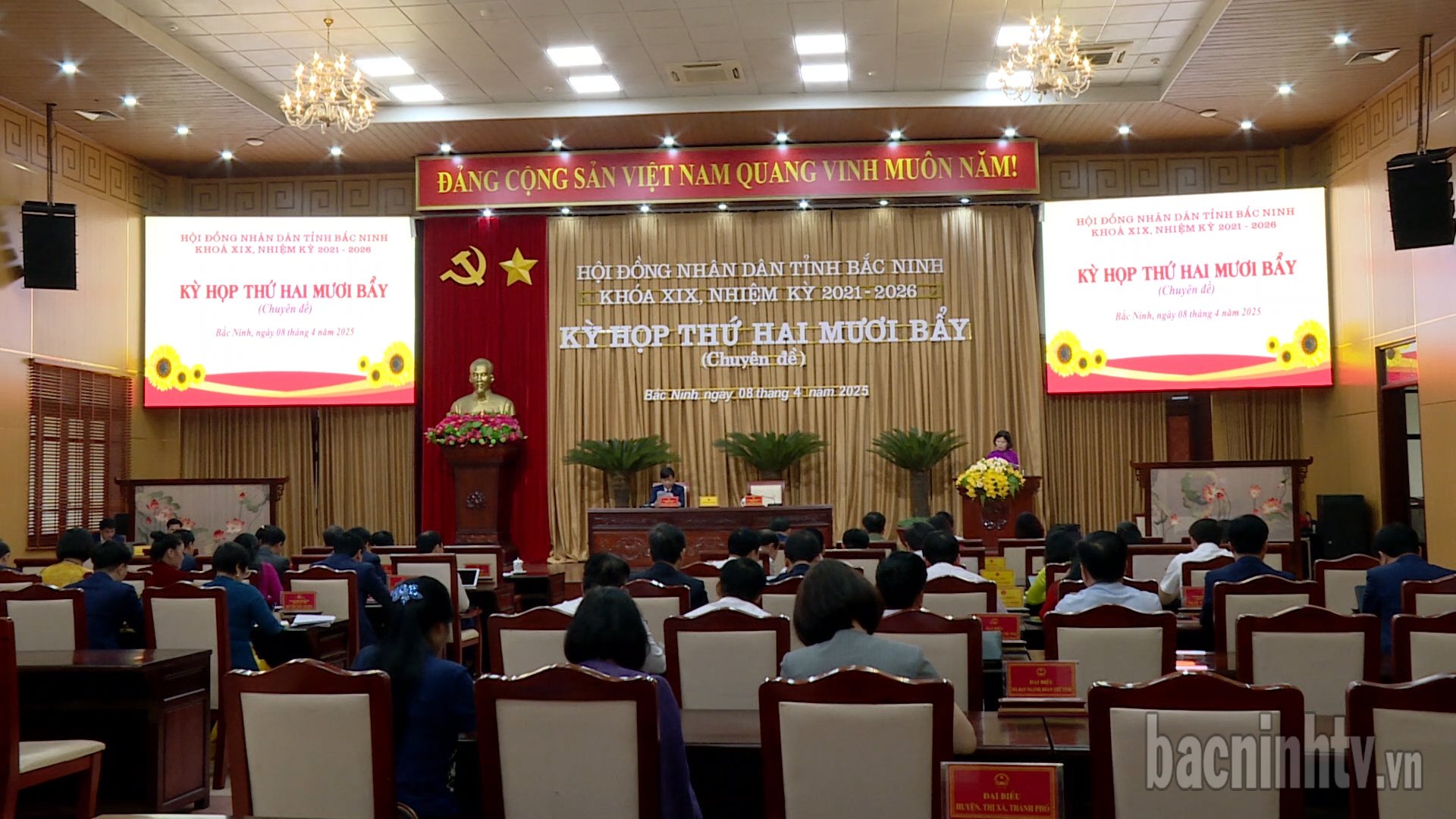
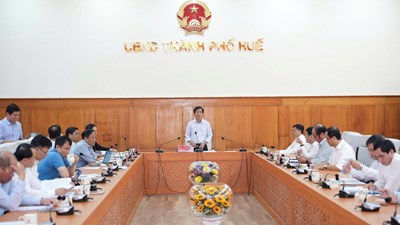
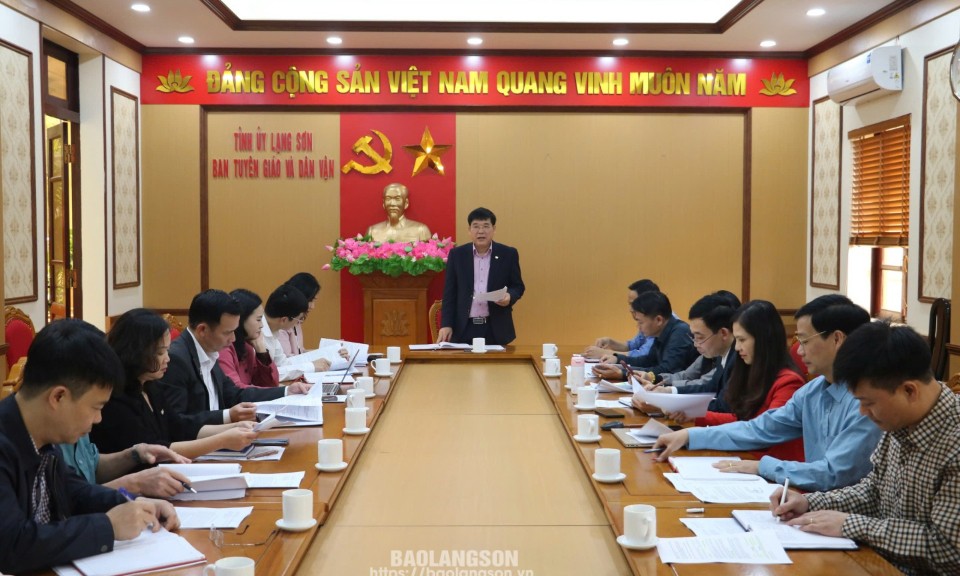




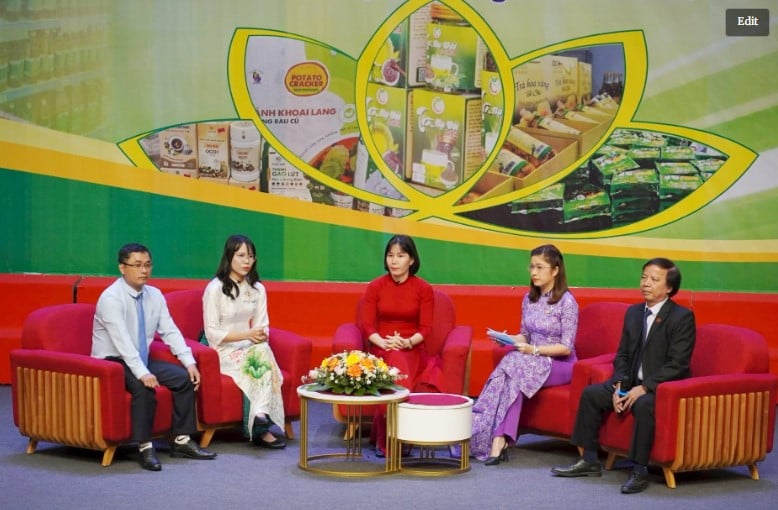

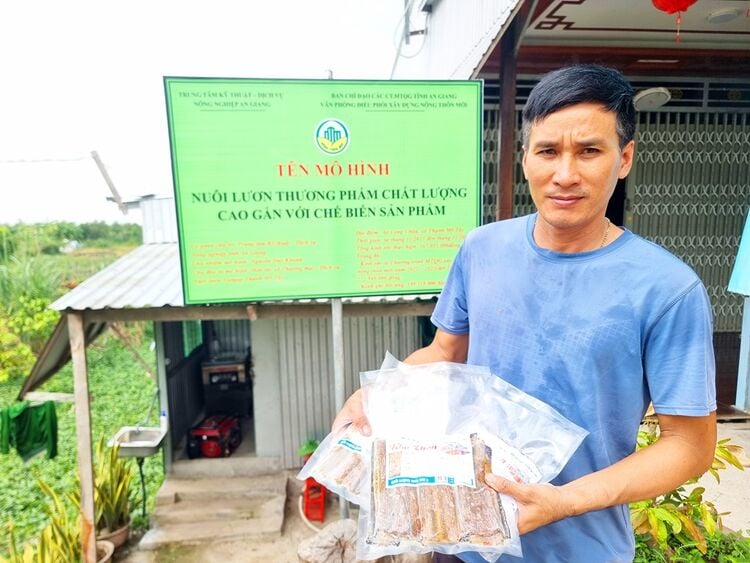
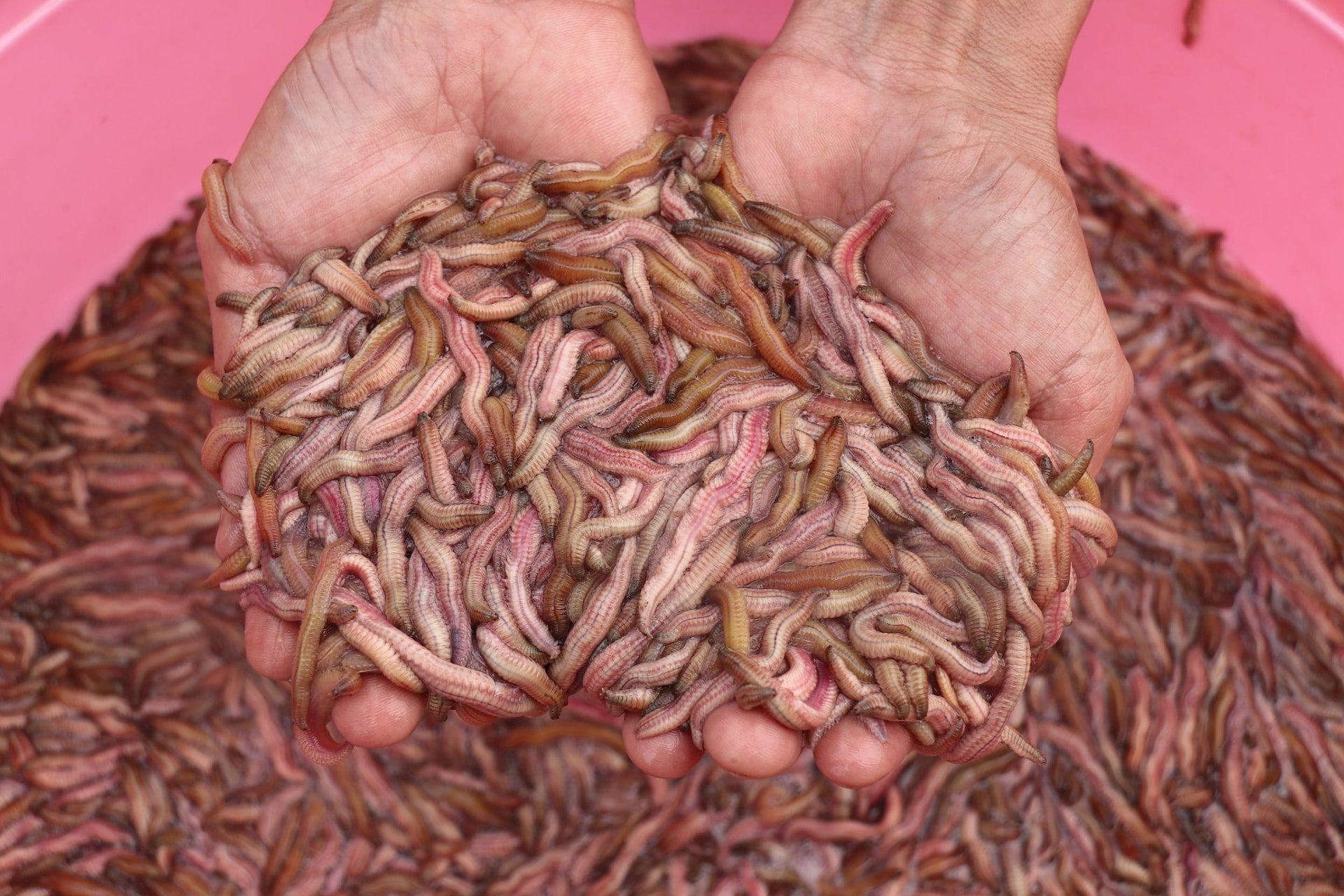
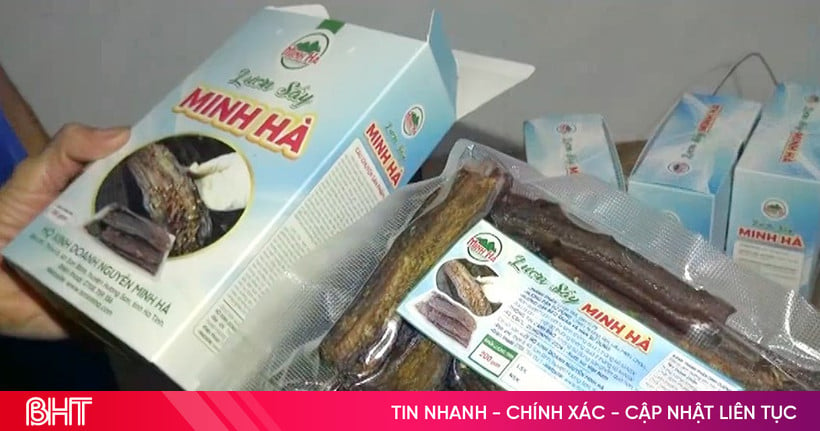

Comment (0)